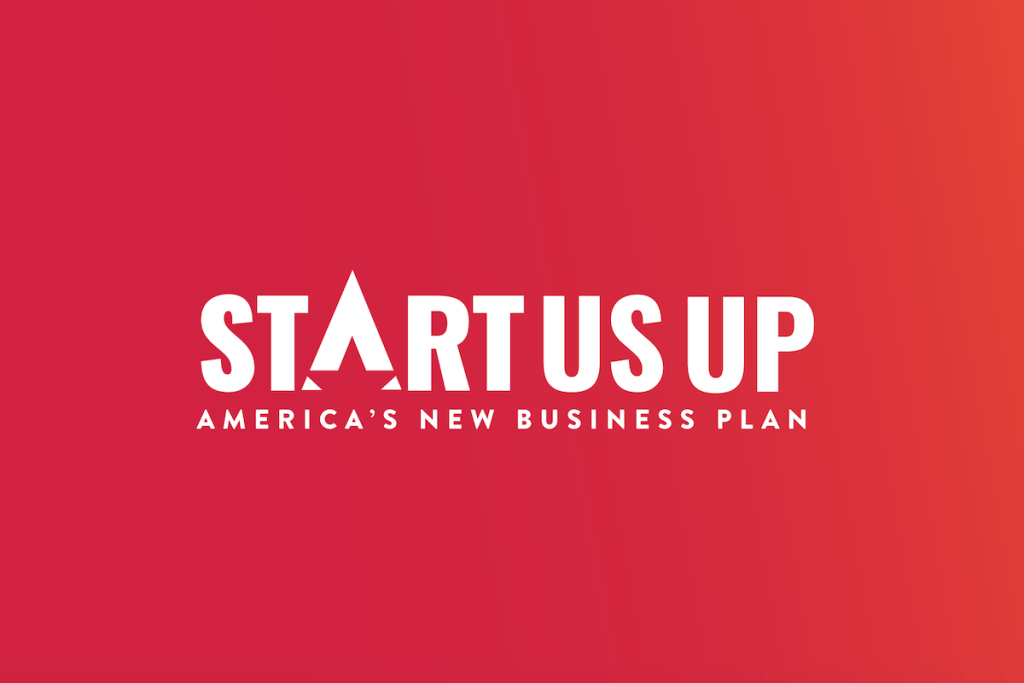As we head into the July 4 weekend, we return to the opening words of America’s New Business Plan, released last October:
Entrepreneurship — the work of the makers, doers, and dreamers in our country — is deeply embedded in the American DNA. America itself was founded as a startup nation — an entrepreneurial act of courage and vision.
Entrepreneurs have guided economic revolutions in agriculture, industry, technology, and service that have propelled standards of living upward. That same spirit of striving for a better future has since inspired everyday Americans from all walks of life to take risks and start new things.
America’s 244th birthday feels different, though. During this unique moment in history, that “spirit of striving for a better future” holds new meaning.
Amid a once-in-a-lifetime pandemic and sustained dialogue and action around racial justice, we’ve seen greater clarity around the change that is needed for all entrepreneurs to succeed.
We’ve written at length about the disparities — 41% of Black-owned businesses closed during the pandemic, just the tip of the iceberg as it relates to inequities among small businesses. These aren’t new; America’s New Business Plan was created to amplify the needs of underrepresented entrepreneurs: women, people of color, and rural Americans.
We’ve also seen just how vulnerable new and small businesses are in America. Oft-referred to as the lifeblood of our economy, small businesses are closing in historic numbers, all while big businesses are flying high.
In truth: entrepreneurs are in crisis.
Though America is mired in a decades-long startup slump, just 61% of election voters in a recent Kauffman Foundation survey expect the percent of entrepreneurs to increase in the next 10 years. Only 48% believe it to be true for entrepreneurs of color.
America itself was founded as a startup nation — an entrepreneurial act of courage and vision.
America’s New Business Plan
The future is as uncertain as the present moment.
Earlier this week, Congress extended the Paycheck Protection Program (PPP) deadline for small businesses. It was an important step, but much more is required to support entrepreneurship in America. We need action on policies that address systemic inequities and imbalances, both for entrepreneurs broadly and within specific communities.
That’s why we created America’s New Business Plan and after the COVID-19 outbreak, reframed several recommendations based on immediate needs and opportunities. We named our pandemic response plan “Rebuilding Better,” because as dire as the situation is, we’re hopeful it will lead policymakers to rethink their priorities and champion American entrepreneurship.
America was born through an entrepreneurial act of courage and vision. At what could be a turning point for entrepreneurs of all backgrounds, let’s recognize this July 4 by recommitting to those tenets of boldness and progress that will help us realize that better future.

